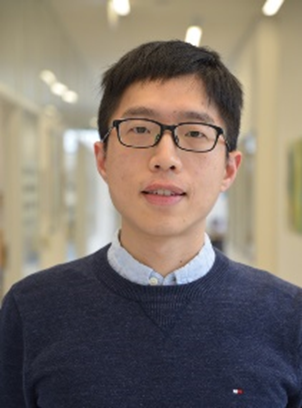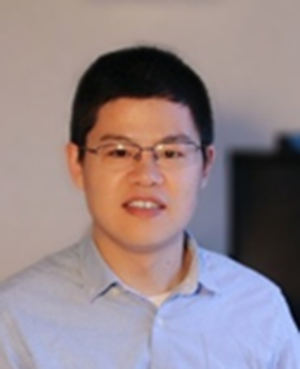- Small signal modeling of GFM converters under complex power grid
- Large signal modeling of GFM converters during large disturbances
- Comparison of different grid-forming strategies from the voltage source perspective
- Fault ride-through capabilities of GFM converters under different grid faults
- Inertia characteristic of GFM converters considering primary energy
- Overcurrent improvement of GFM converters
- Efficient and high-precision aggregation of multi-GFM converters
- Robust and coordinated control of multi-GFM converters
- Interaction between the synchronous generator, synchronous condensers, and GFM converters
Session Title: Modeling and Control of Grid Forming Converters in Modern Power System
In order to build a modern power system with renewable energy as the main body, converter-based wind and solar power have been widely installed in the power system globally. Unlike conventional synchronous generator-based thermal power, conventional converter-based resources lack inertia and voltage support ability, which would cause many instability issues. Thus, the grid-forming (GFM) converter has received much attention and research due to its excellent voltage source characteristics, which can support the frequency and voltage of the modern power system with high-penetration renewable energy. However, the GFM converters feature non-linear multi-time scale dynamics, which also cause potential wide-band frequency resonance issues under different perturbations. To improve the overall stability of GFM converters, both the modeling and control issues should be considered and worthy of study. The comprehensive modeling of GFM converters is essential for revealing the underlying mechanism of different resonance problems and the advanced control methods are indispensable for ameliorating the stability of modern power systems. Topics of interest include, but are not limited to:
Special Session Organizers
Chao Wu
Shanghai Jiao Tong University, China
Chao Wu (M’19) received the B.Eng. degree from HeFei University of Technology, Hefei, China and the Ph.D. degree from Zhejiang University, Hangzhou, China, in 2014 and 2019, both in electrical engineering. From 2019 to 2021, he was a Postdoctoral Researcher in the Department of Energy Technology, Aalborg University, Aalborg, Denmark. He is currently an assistant professor in the Department of Electrical Engineering, Shanghai JiaoTong University, Shanghai, China. His current research interests include modeling, control, and stability analysis of power electronics in renewable energy applications, particularly the control and operation of doubly fed induction generators for DC connection and the transient stability of power converters. He has published more than 30 IEEE/IET Transaction papers.

Heng Wu
Aalborg University, Denmark
Heng Wu received B.S. and M.S. degrees in electrical engineering from Nanjing University of Aeronautics and Astronautics (NUAA), Nanjing, China, in 2012 and 2015, respectively, and the Ph.D. degree in electrical engineering from Aalborg University, Aalborg, Denmark, in 2020. He is now an Assistant Professor with AAU Energy, Aalborg University. He is the Co-Chair of IEEE Task Force on Frequency-domain Modeling and Dynamic Analysis of HVDC and FACTS, the member of the technical committee (TC) of European Academy of Wind Energy (EAWE), the member of GB grid forming best practice expert group formed by national grid ESO, UK, the member of Cigre working group B4.85 and B4/C4.93. He has published around 20 IEEE Transaction papers with more than 2200 citations in total, and is identified as world’s top 2% scientist by Stanford University from 2019. His research interests include the modelling and stability analysis of the power electronic based power systems. He received the 2019 Outstanding Reviewer Award of the IEEE TRANSACTIONS ON POWER ELECTRONICS and the 2021 Star Reviewer Award of the IEEE JOURNAL of EMERGING AND SELECTED TOPICS IN POWER ELECTRONICS
